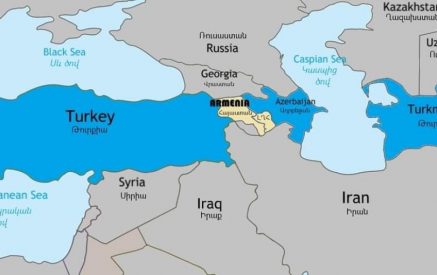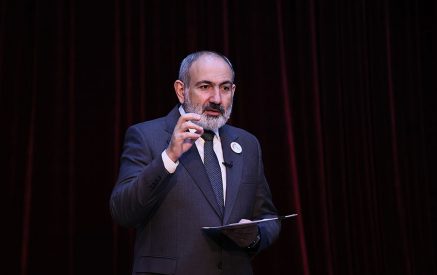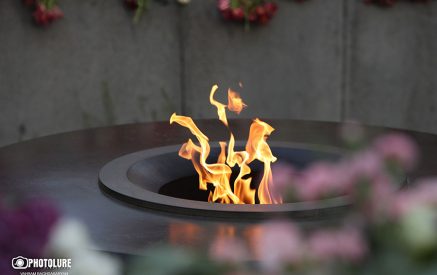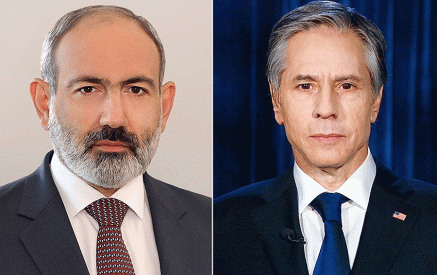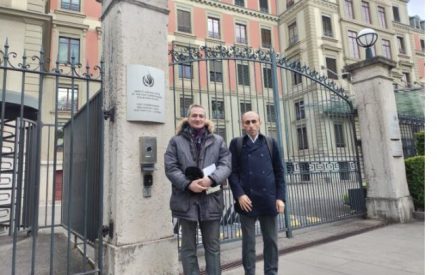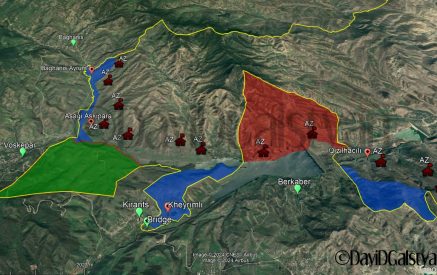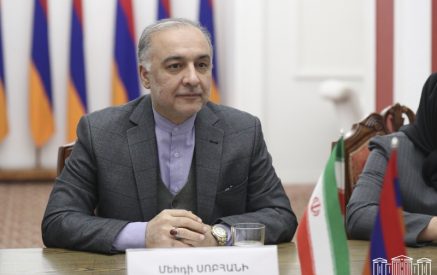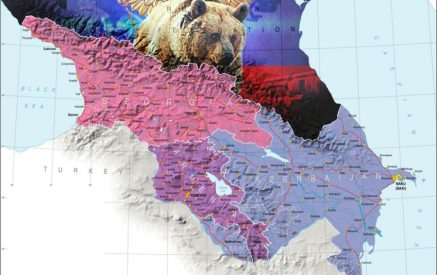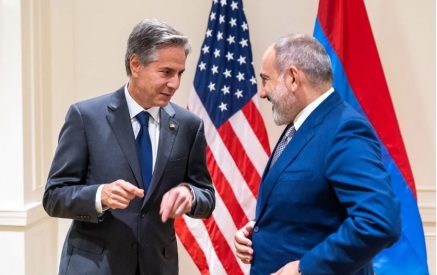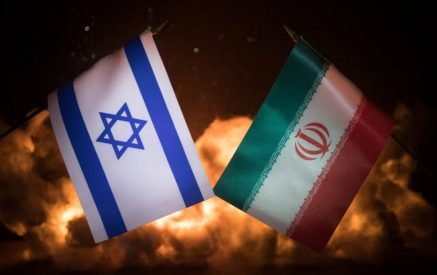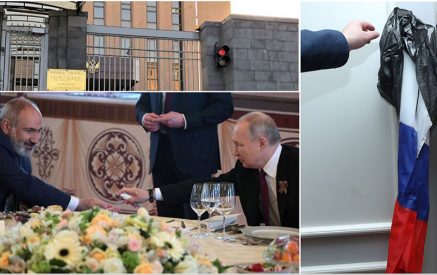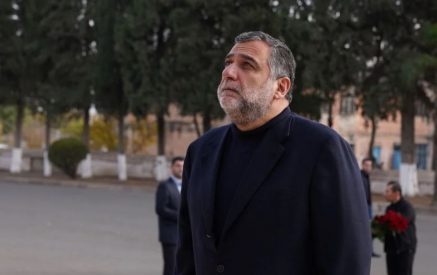There are events taking place surrounding the South Caucasus, the logic of which is at least parallel to the process of clarifying the foreign policy of the new US administration. US President Joe Biden’s team is making major changes in the concept of foreign policy, the philosophy of which has transformed from Trump’s ‘America first’ isolationist policy to ‘American leadership’ with global inclusion and the priority of democratic values. Moreover, it has been declared that the world has entered a period of global confrontation between democracy and authoritarianism, and this confrontation is embodied, first of all, by the US-China confrontation. We may ask ourselves why this matters. What do we have to do with the US and China, even if the townspeople don’t tell us to mind our business? Of course, in the case of snobbery, it is a little bit difficult to understand that Armenia is not in the ‘aquarium’ that lives and shall live, and the world is very small and interconnected. It is even more difficult to break the inertial thinking that our region can be ‘traditionally’ threatened by the Russia-West confrontation, one of the measures of which, for some reason, is the Russia-Turkey ‘confrontation,’ and, according to even more exotic-mythological theories, the Iran-Turkey ‘confrontation.’ Meanwhile, the realities are clear. First of all, authoritarian regimes, positioned as ‘alternatives’ to Western democracy, do not have to wait until Washington completes its ‘inventory’ of foreign policy and speaks out about the results to see what they will do with it. Beijing seeks to capitalize on its relations with ‘its own’ at a progressive pace, settling differences and filling the alliance with a ‘value-based’ strategic alliance with specialized content. And imagine this- Beijing is successful.
The United States is strongly connected economically and financially with present-day China, so the confrontation, which has been described by Washington as competition and ‘the Chinese system’ is considered a problem, nevertheless bears no resemblance to the US-USSR Cold War. It is another matter that archaic authoritarian regimes, without waiting their turn, show their ‘pro-Chinese’ attitudes, which are conditioned only by the interests of the regimes’ self-preservation. This is especially true of administrations that are already under heavy Western sanctions for the various ‘sins’ committed against neighbors or their own societies, but also of those who are aware that in a short period of time, most likely, they too will be in that ‘club,’ so, of course, they are in a hurry. Beijing fully understands and accepts such behavioral motivation, as it ‘coincidentally’ mobilizes the very countries that are on the path of the ‘One Belt, One Road’ intercontinental mega-project. And also ‘accidentally,’ all three of the ‘big players’- Russia, Iran, and Turkey- are ready to introduce their rules and customs in our region, so they quickly positioned themselves in that very camp. The visit of the Russian Minister of Foreign Affairs Sergey Lavrov to China and the visit of Chinese Foreign Minister Wang Yi to Tehran and Ankara provided eloquent results that complete the picture. In other words, the ‘3+3’ format offered to us by Turkey, which means, first of all, without the West, is very much favored by Moscow and Baku. Tehran also expressed its support for this format during the 44-Day War, and it is supplemented by a powerful player, China.
US President Biden states that “it is important for us that democracy works.” In principle, yes, it is important. It is important for the United States, and it is important for European Union societies and all the EU member states. This is vital for a democratic Armenia and Georgia, as Armenian and Georgian statehood can continue to exist and develop either as a democracy or not at all. However, for the ‘big players’ of our region, Turkey and Iran, this is just ‘a la franga,’ which means nothing and does not say anything, and for the current official Moscow, it is a source and object of laughter and cynical ‘trolling’ all at once. At the same time, Moscow faces that humiliating reality that its ‘eternal confrontation’ with the West is no longer global, but instead a small part of the China-USA confrontation, and its size is only as big as Beijing will want it to be and not Moscow. Therefore, until Washington, in accordance with the strategy of the great Sun Tzu, ‘will destroy the adversary alliances,’ that is, the emerging ‘authoritarian international’ (which is logical, but it is not yet a fact that this will happen tomorrow, or if it will happen tomorrow, that we will see the next day…), there are four very important factors that we must take note of.
1.Armenian and Georgian democracies- that is, the states- are in mortal danger.
Read also
2.In post-Soviet history, the interests of Armenia and Georgia have never coincided to the extent that they have now.
3.Both Armenia and Georgia have entered a decisive stage of their history, being very unprepared and in a severe domestic political crisis.
4.The political class of both Armenia and Georgia, by and large, has no idea what to do with the outlined realities and so far, at best, demonstrates short-term and situational capabilities and nothing more.
And the status of the fifth point has one projection-similarity: it ‘catches the eye.’ The situation in the Free World and the international democratic community is similar to the domestic political situation in Armenia in many ways. Apparently, many Georgians and Ukrainians, and perhaps others, share the same feelings.
Ruben Mehrabyan
“Aravot” daily

